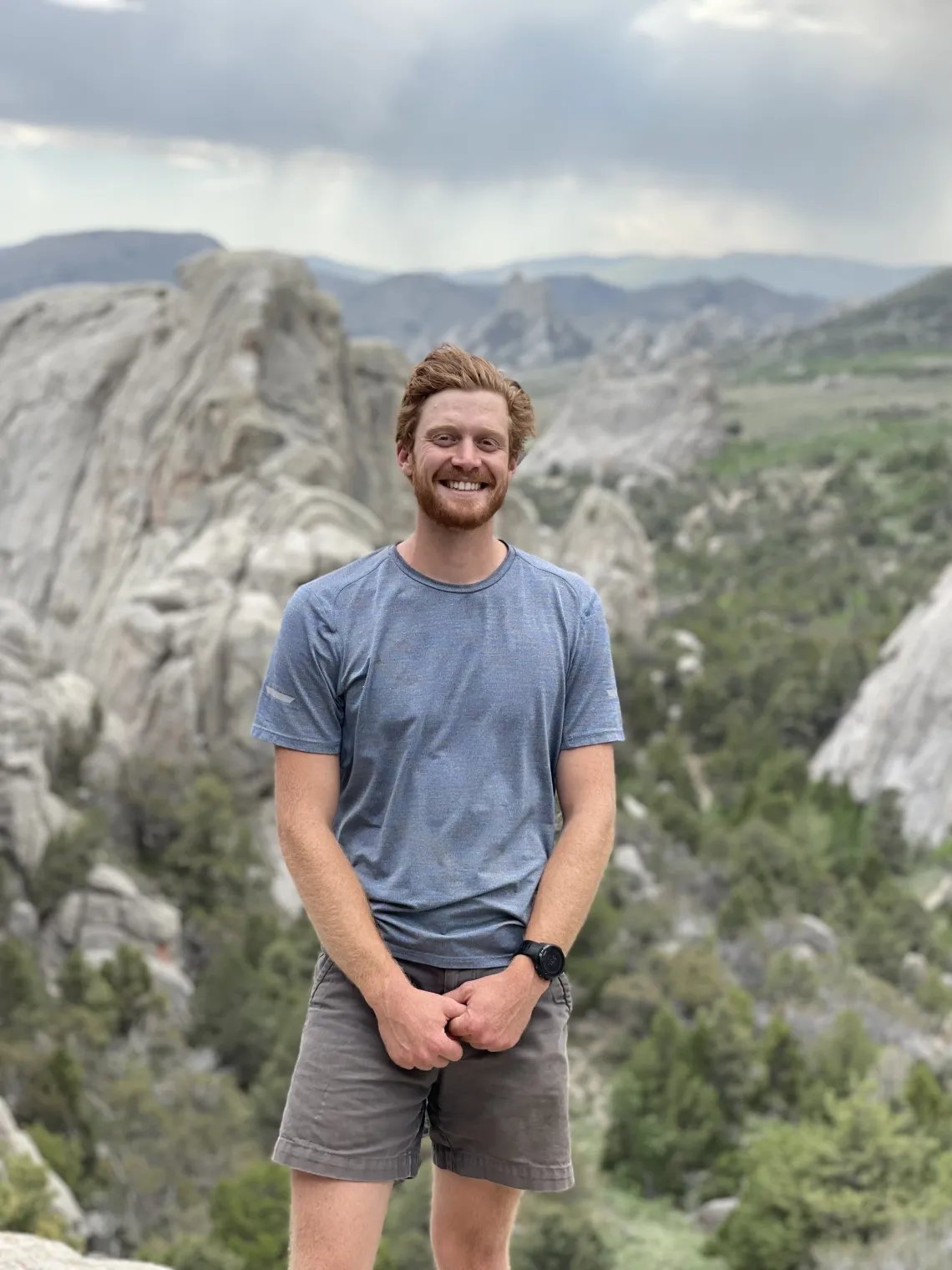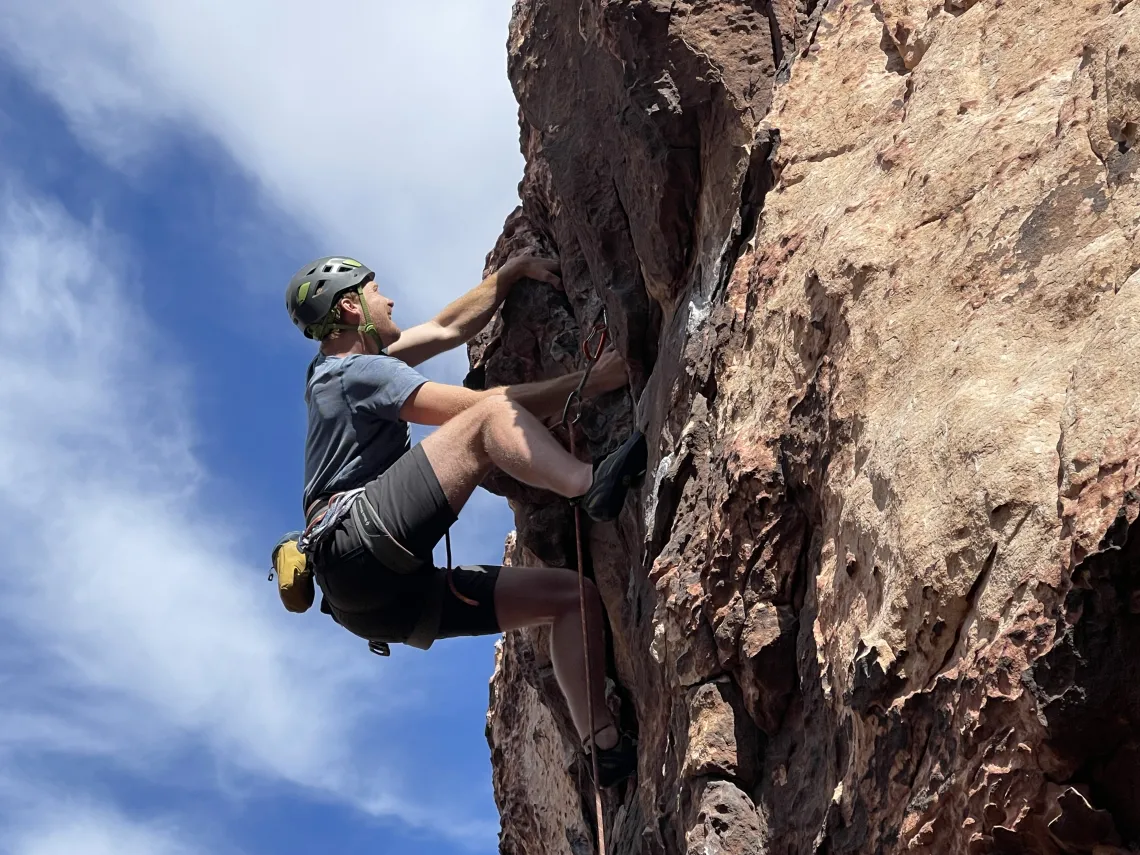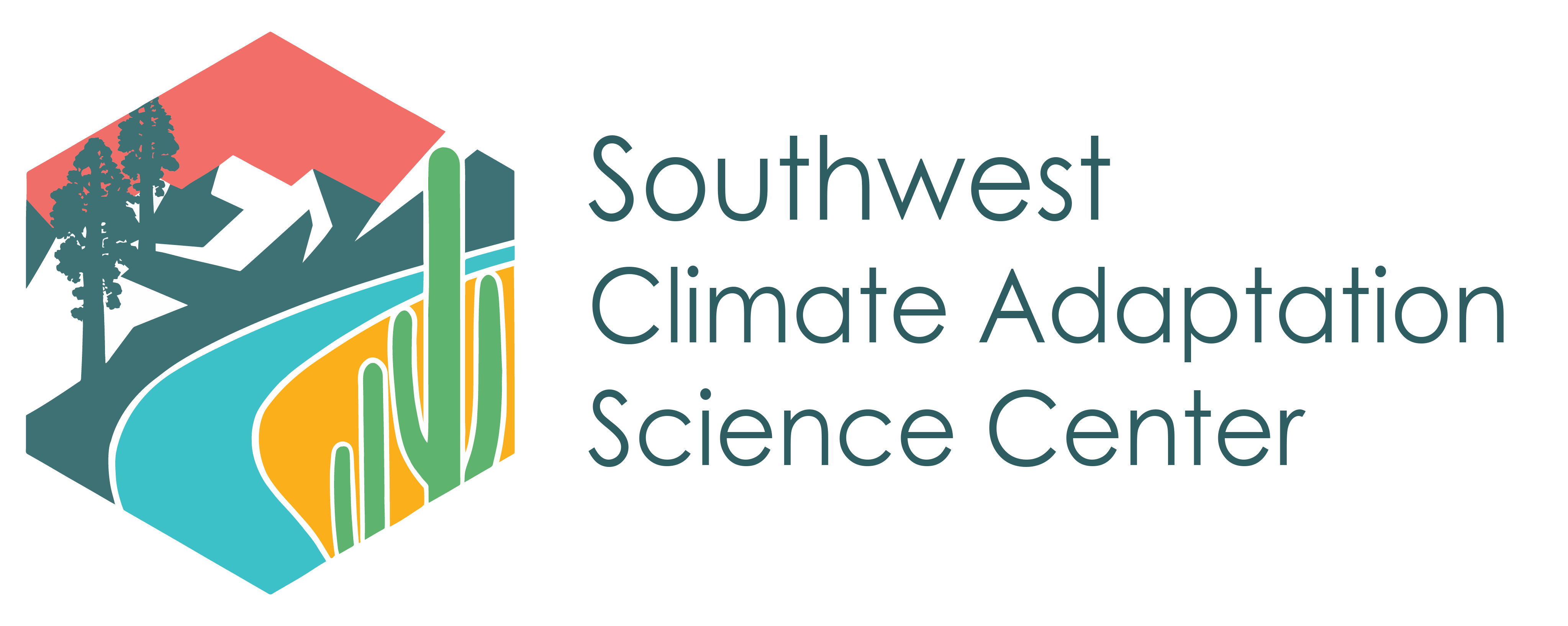Who knows what science is?

Jacob Stuivenvolt Allen is a master's student at Utah State University. Below are his reflections on the SW CASC Natural Resources Workforce Development (NRWD) Fellowship.
The fourth year of a graduate program is a dangerous time to ask yourself what science really means. You might find yourself unable to sleep at 3:00AM, googling “define science,” only to be unsatisfied with the vagueness of the answer. Most folks would probably expect graduate students to have this figured out by now, but my limited interdisciplinary experience suggests that if you locked us all in a room until we could agree upon a perfect definition, you would first want to remove all the sharp objects and provide copious amounts of caffeine. I must accept that most students four years into a PhD have probably figured this out, but I’m intent on taking my time.
My confusion began in a conversation when one scientist asserted that science requires a testable hypothesis, much to the displeasure of another academic in the room. At the time, I was regrettably too nervous to ask for clarity. This disagreement was had by two scientists in very different disciplines, highlighting the chasm that exists between some academic disciplines. As a climate scientist—albeit sporting a battered set of training wheels—I wouldn’t expect to question the fundamental tenants of science with another person in my field. We might debate the utility of certain tools, techniques and data, but I have yet to experience a fundamental disagreement about what is required to be “science”.
Semantics? Sure. But what happens when members of different academic, institutional and cultural communities all start working on “science” together?
To respond to the diverse ways that climate change is affecting the planet and its inhabitants, interdisciplinarity and community engagement is a sensible option. It’s also challenged me in unique ways, forcing me to step outside of the community that I’m most comfortable in. On interdisciplinary teams, like the SW CASC NRWD Fellowship, we sometimes struggle to find words that match each other’s vocabulary. We might even have different ideas about how to know and how to learn. That’s not exactly a recipe for the most efficient teamwork. I often wonder if the folks in charge of advising these interdisciplinary teams feel like they are herding cats, occasionally placing warm bowls of milk along the way to keep us from exploring the trees.

Despite these stated difficulties, and despite my stated confusion of what science actually is, I’d argue that it’s unscientific to not challenge the fundamental assumptions of our disciplines and our ways of knowing through working with more diverse teams. My lived experience has put western science on a pedestal and crowned it the supreme leader of new information, with media, literature and history often regaling any listening ears about the value and virtue of “insert name of man here” and their ingenuity. It’s not that western science is bad at what it does, it’s just that there are other ways of knowing, learning, and sharing information that western science has largely excluded. Shouldn’t someone whose purpose is to objectively gather knowledge, work hand-in-hand with others who will challenge their basic assumptions? Shouldn’t we look at western science as another tool in the toolkit of learning rather than the be-all and end-all?
My time as a fellow hasn’t helped me provide a concise definition of “science” or “scientist,” but it has reinforced that putting blinders on and ambling forward with science may result in plenty of discovery that most folks won’t ever hear about. However, executing science that is useful requires gallons of warm milk, diverse perspectives and a willingness to look beyond our own lived experience.

